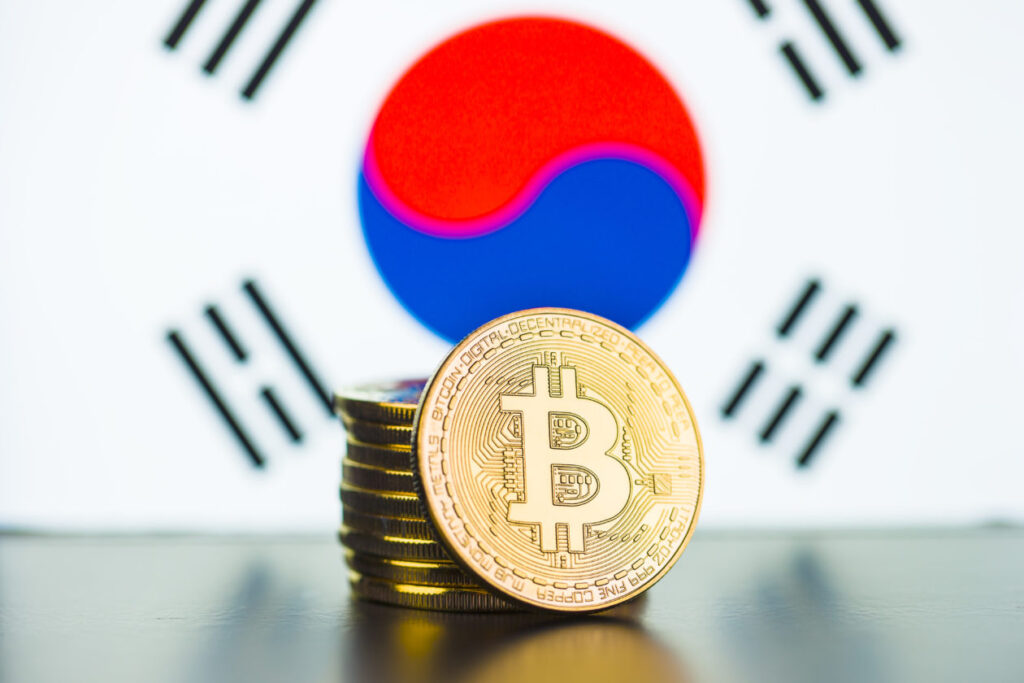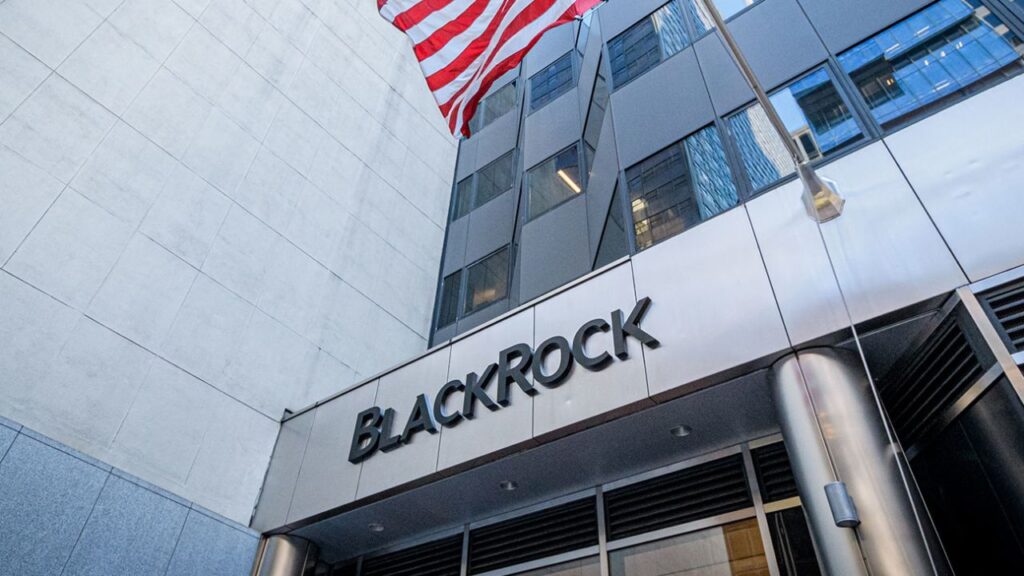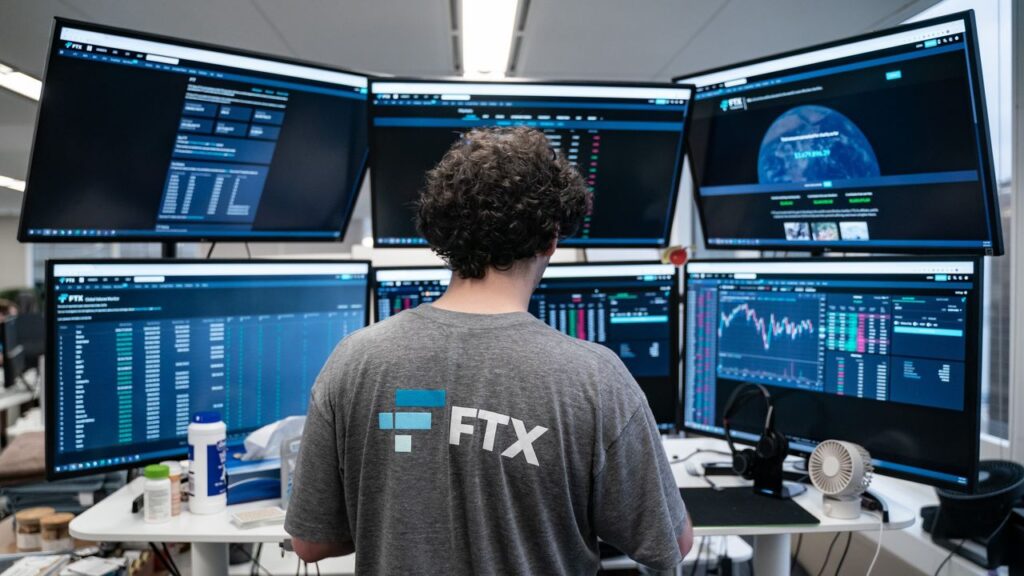The South Korean government has introduced an updated version of the Virtual Asset Users Protection Act, aiming to safeguard cryptocurrency investors from market misconduct.
The Financial Services Commission (FSC), South Korea’s principal financial regulatory body, unveiled the new legislation on February 7, intending to uphold investor rights and enhance market transparency.
This new crypto-focused law in South Korea explicitly prohibits the exploitation of undisclosed vital information, market manipulation, and illicit trading activities.
To enforce compliance, the legislation imposes severe penalties, including fixed-term imprisonment exceeding one year or fines ranging from three to five times the illegal profits.
Scheduled for implementation on July 19, 2024, the Virtual Asset User Protection Act was officially passed on July 18, 2023.
Under this act, individuals involved in illegal crypto trading schemes and generating over 5 billion won (approximately $3.8 million) could face life imprisonment.
READ MORE: ‘Very Few Speak of the Crypto Winter, Bitcoin is Rising in 2024’ – Serhii Tron on Crypto Investments
Furthermore, the FSC underscores its authority to supervise virtual asset business operators, investigate unfair trading practices, and ensure adherence to the Virtual Asset User Protection Act.
This includes conducting inspections and taking regulatory actions as necessary.
The genesis of this legislative update can be traced back to a significant industry crisis involving Terraform Labs and its South Korean founder, Do Kwon.
The collapse of Terraform Labs in May 2022 resulted in a market downturn, wiping out over $450 billion.
Consequently, Kwon faces extradition to the United States, where he is implicated in various charges, including commodities and securities fraud, wire fraud, and market manipulation.
In a related development in Asia, Thailand’s Ministry of Finance has announced a VAT exemption on digital asset trading.
This move aims to position Thailand as a digital asset hub, with the suspension of the 7% VAT requirement on crypto income effective since January 1, 2024, and with no specified expiration date.












